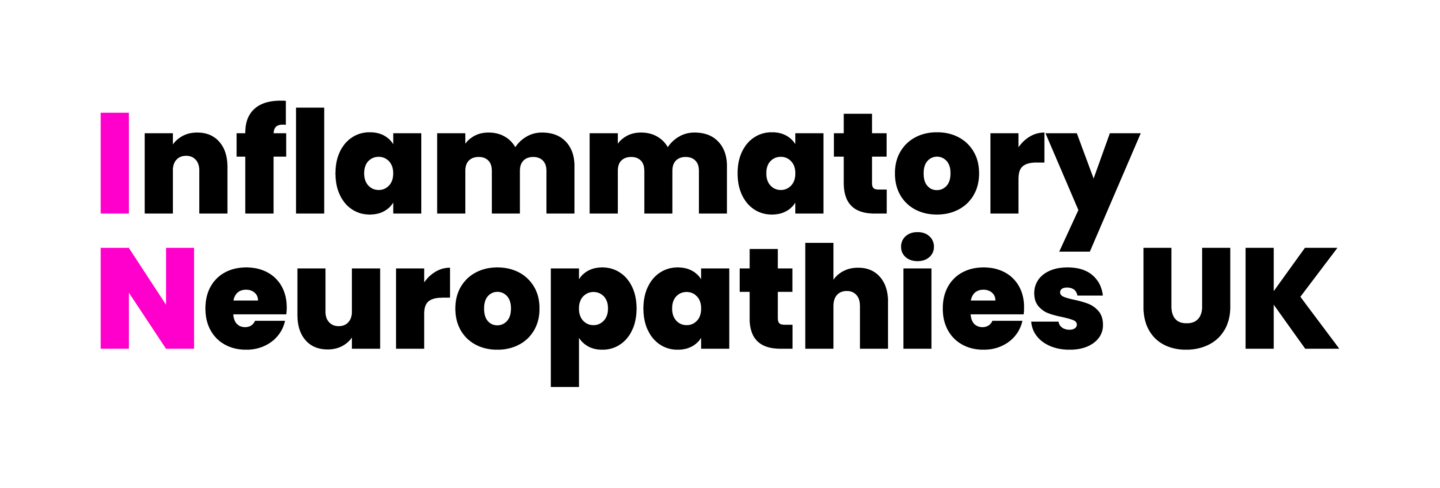One-off PHB for hospital discharge
An interesting development in the drive to get patients home from hospital more quickly – a one-off PHB (Personal Health Budget) for hospital discharge.
One of the complicating factors around care of people who are seriously ill with COVID is the number of patients who can’t be discharged from hospital, despite no longer requiring medical care, because there is no support package for them at home.
Growing numbers of stranded patients
Last year, according to data from NHS England, the number of those referred to as “stranded patients” (a bit less derogatory than the previous term, bedblockers) increased from 223,593 in February to 402,211 in November, a rise of some 80%.
A stranded patient is one who has been in hospital for seven days or longer.
Hospital is not a great place to be when you no longer require the care that can only be provided in such an environment. You are at risk of picking up infections, not least COVID.
Older people in particular lose strength and mobility very quickly, so they are less well able to manage independently at home when they do get there.
DTOC statistics no longer published
The pandemic has seen the suspension of statistical reports on DTOCs (Delayed Transfer of Care), but some hospitals are still collecting the numbers, and a Freedom of Information request by the Guardian newspaper showed that DTOCs have also risen by 75% in the same period.
Some guidance on the one-off PHBs
One-off PHBs can be considered where:
• Payment for a good or service would enable early and safe discharge
• The good or service cannot be provided via existing commissioned services or cannot be provided in a timely manner
• The good or service cannot be provided through unpaid care or the voluntary sector or cannot be provided by them without this additional support
How much is the one-off PHB worth?
The cost of the PHB should not exceed £200, though exceptions can be considered up to £400.
There is still a requirement for the clinical commissioning group (CCG) to ensure that the proposed spend represents value for money: ie the PHB should not be more expensive than the cost of saved bed days or services commissioned by another means.
The good or service must meet a need that has been identified in planning the individual’s personalised care and support, and it should enable discharge discharge at least two days earlier than would otherwise be the case.
Because it is intended to be deployed rapidly, a one-off PHB is not suitable for funding the employment of a PA. Rather, it should enable care and support by family or other unpaid carers for up to two weeks in order to facilitate discharge.
You can download full information from NHS England (PDF file link will open in a new browser tab or window)




